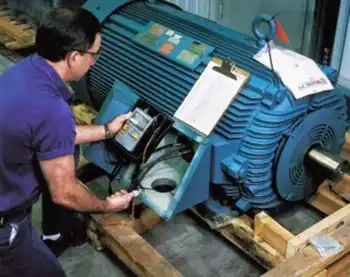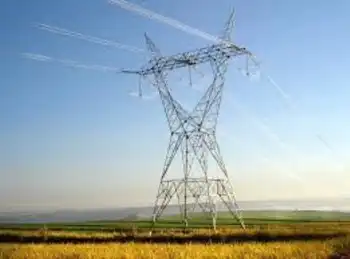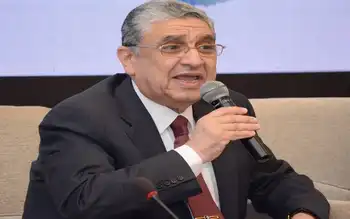Proposed coal plant puts candidates on the spot
By The News Leader
Electrical Testing & Commissioning of Power Systems
Our customized live online or in‑person group training can be delivered to your staff at your location.

- Live Online
- 12 hours Instructor-led
- Group Training Available
Prior to the June 9 Democratic primary, Moran and his opponents, former Democratic National Committee Chairman Terry McAuliffe and state Sen. Creigh Deeds, Bath, have expressed concern about the environmental impact of coal and touted cleaner alternatives. But only Moran is dead set against the $4 billion plant in Surry County, between Richmond and Hampton Roads.
Moran says the plant, proposed to begin operating in 2017, will contribute to air pollution and will dump pollutants into the Chesapeake Bay watershed.
"I think it's important for Virginia voters to know where the next governor will stand," Moran said in April.
But McAuliffe and Deeds have noted that more than 50 percent of power generated today comes from coal, a level of production they say cannot be ended instantly. Both have emphasized the need to clean up coal use and have suggested that Moran's opposition to the Surry plant is an election-year shift designed to draw environmentally minded voters.
While in the House of Delegates, Moran voted for a 2004 bill that paved the way for a coal-fired plant in Wise County. He made comments supportive of coal. Moran's campaign has said the Wise plant was one part of a more complex energy bill. It was also smaller than the proposed Surry facility and outside the Chesapeake watershed.
A power company consortium proposing the Surry plant has estimated it would create 2,400 jobs during construction and 200 jobs when operational. It would also add 1,500 megawatts a day to the electrical power grid, at a time when experts are predicting power shortages.
First proposed in December, it would require multiple permit approvals before construction, and McAuliffe and Deeds say it is too early to rule out the project.
"I'm not ready to say yes or no to that plant today," Deeds has said. "I am willing to say we have to continue to invest in new energy sources."
Deeds has proposed the creation of an "energy research triangle" between Virginia universities. He has not dismissed coal, perhaps because doing so could alienate voters in his base in southwest Virginia, where coal mining remains key to the economy.
McAuliffe has made "green" jobs a centerpiece of his campaign, calling for wind turbines off the coast and for using poultry waste as biofuel. He has said that he has "lots of concerns" about the proposed plant, but he has not taken a position.
"As governor, I never want another coal plant built," he said. "I want us to build wind farms, biomass, biodiesel and solar — that's my emphasis."
Some locals in Surry support the plant. Others, including resident Betsy Shepard, fear the impact of an industrial plant on the main street of Dendron, population 300. Shepard helped organize Monday's rally, which came as the town council met to consider allowing Surry County to take over zoning of the site.
"You start to become a one-issue voter," she said.











